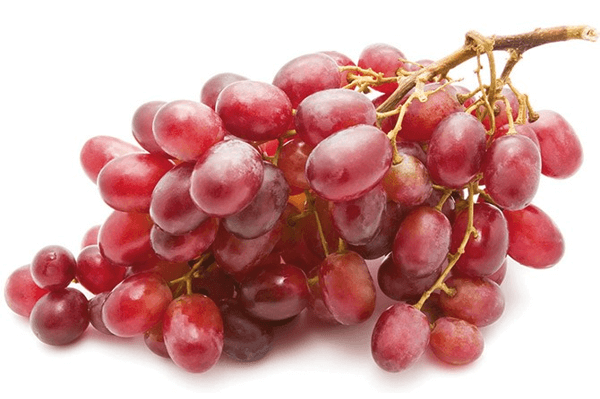Egyptian Fresh Dates , Delish taste from Egyptian desert . new crop is ready to export
Egypt Considered one of the top Fresh Dates producers among worldwide origins, with a total of 1.5 million tons annually
Fresh Dates are one of the oldest tree crops from the Middle East, as its back to more than 5000 years ago.
Ancient date pits have been found during archeological digs and palm trunks have been used to construct ancient temples, Fresh Dates were a popular and important source of food for the Middle Eastern people because they dried and stored well, were light, and were satisfying and delicious.
A new season of Egyptian Fresh Dates is ready from new crop of 2022 while We offer premium high-quality fresh Dates from our farms including many varieties such as below
















